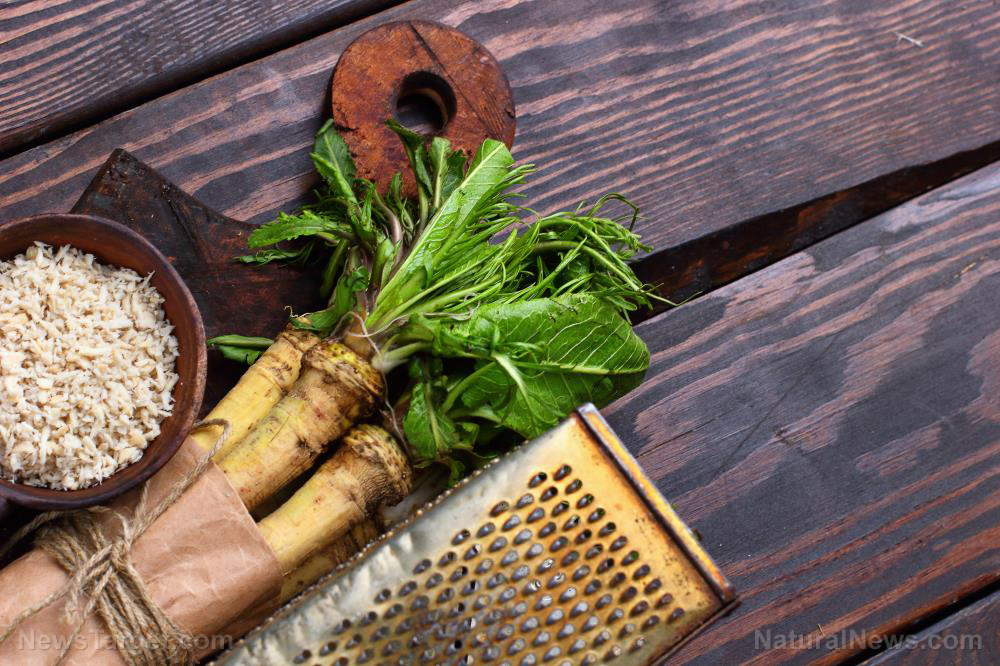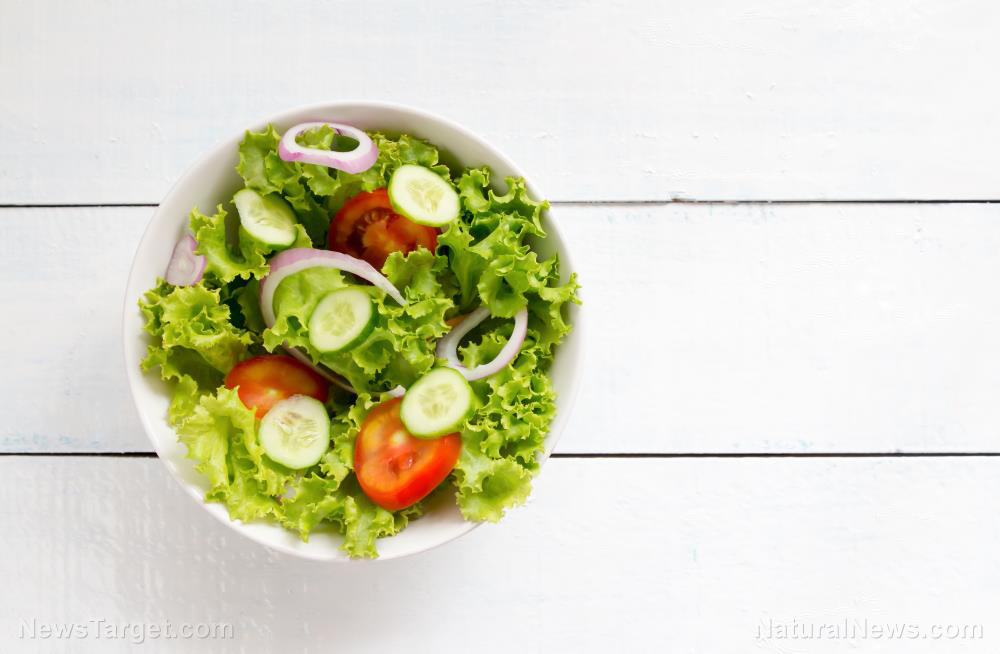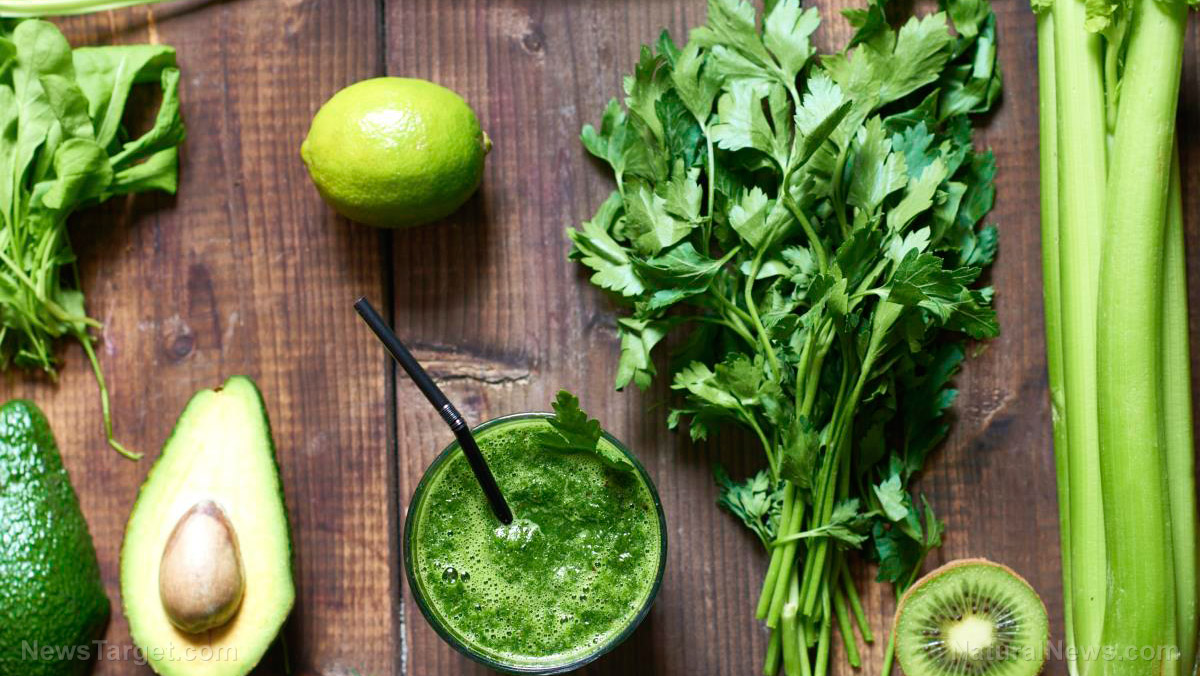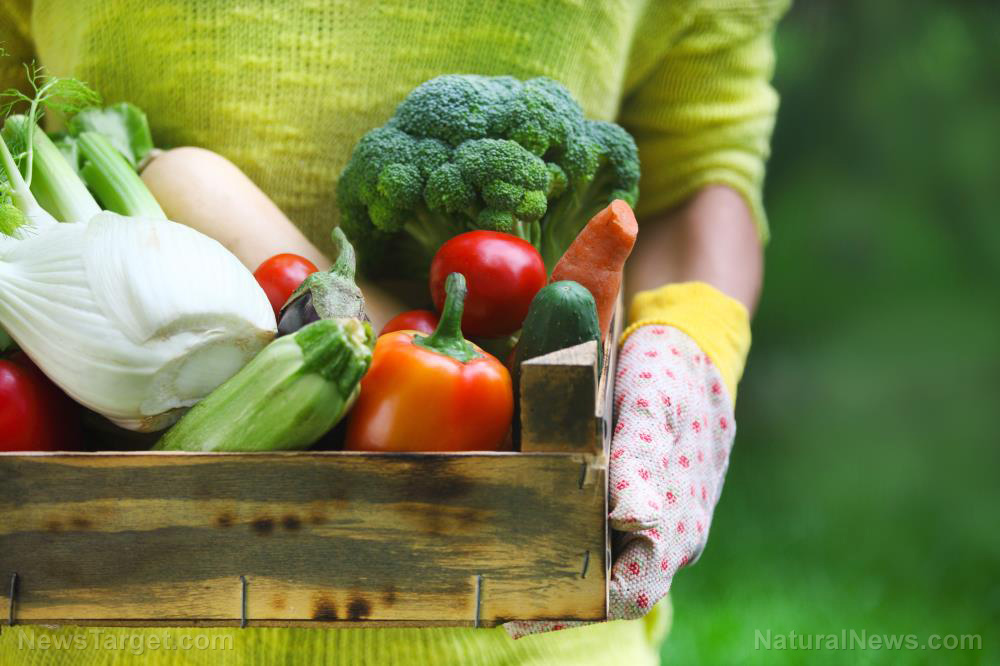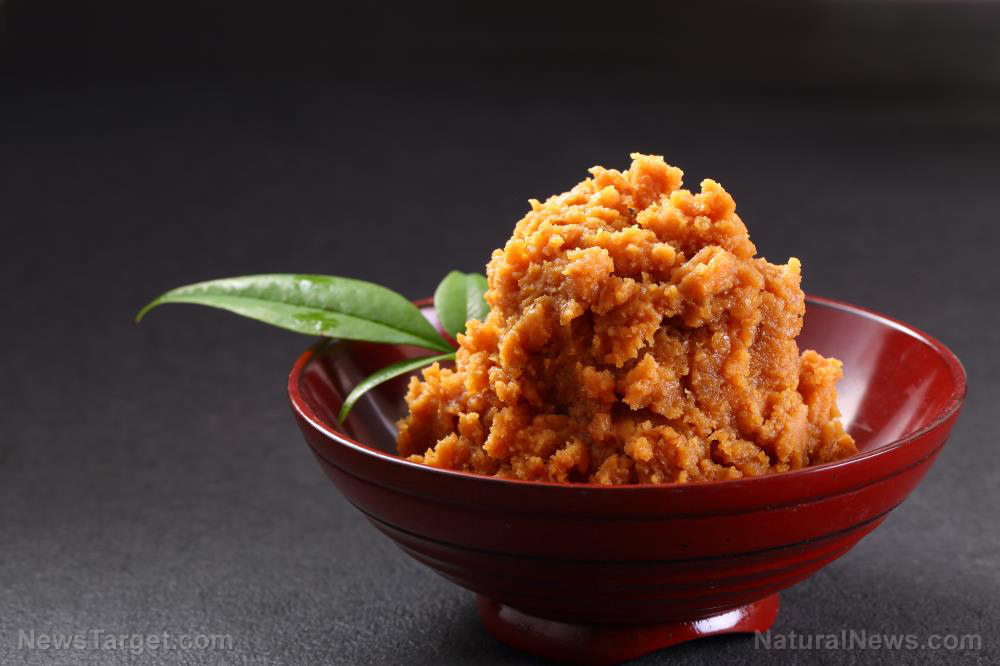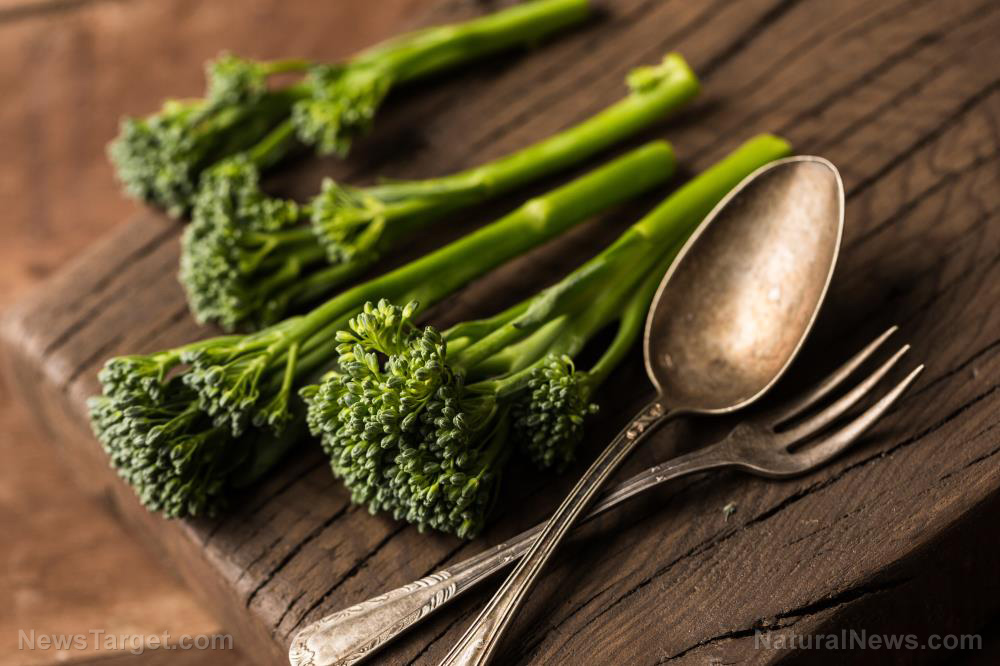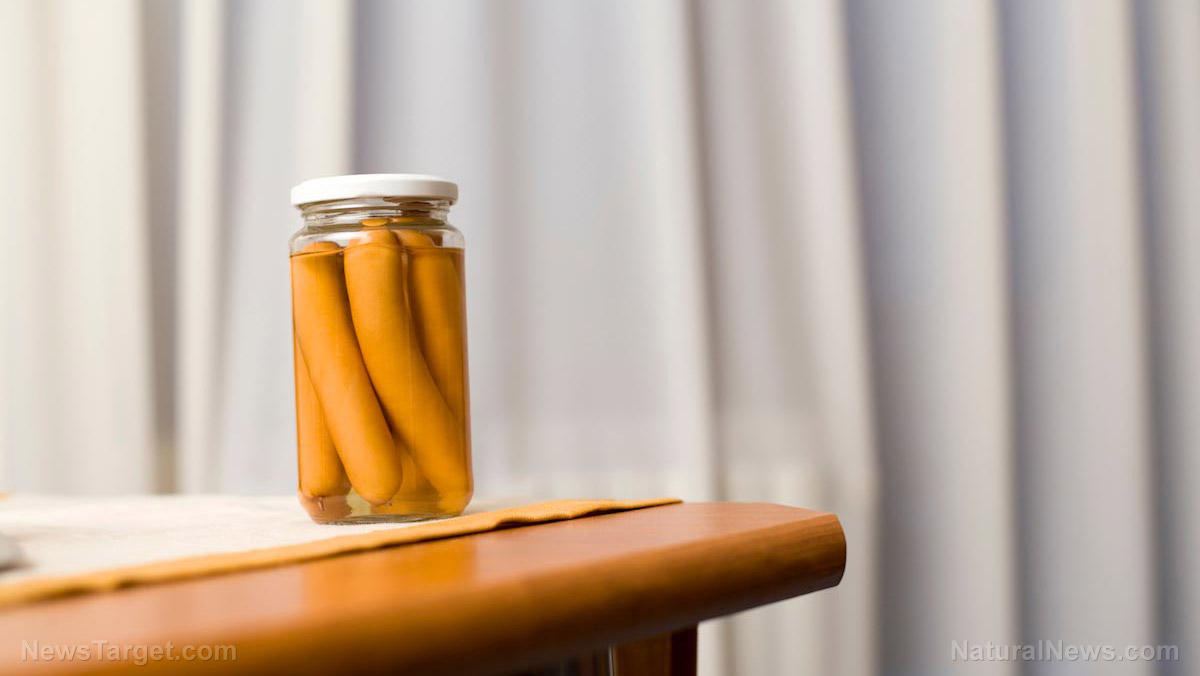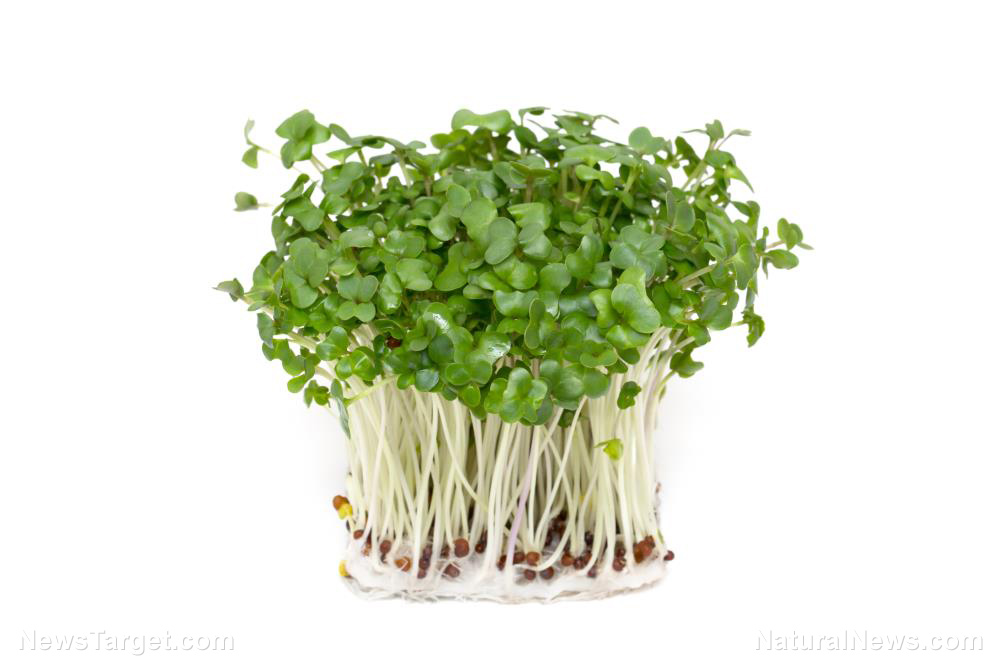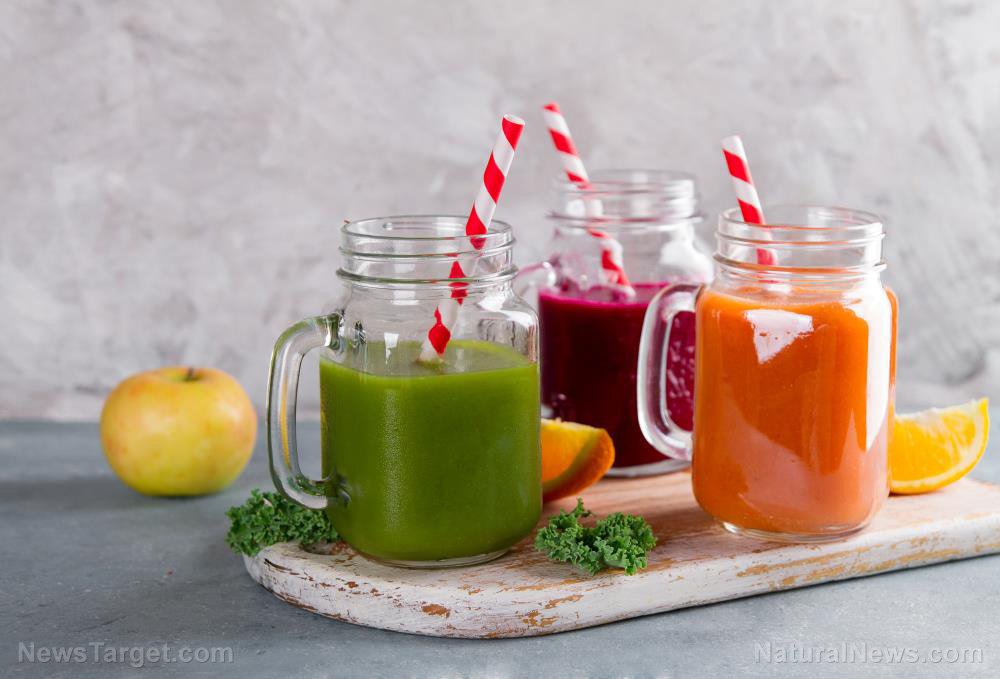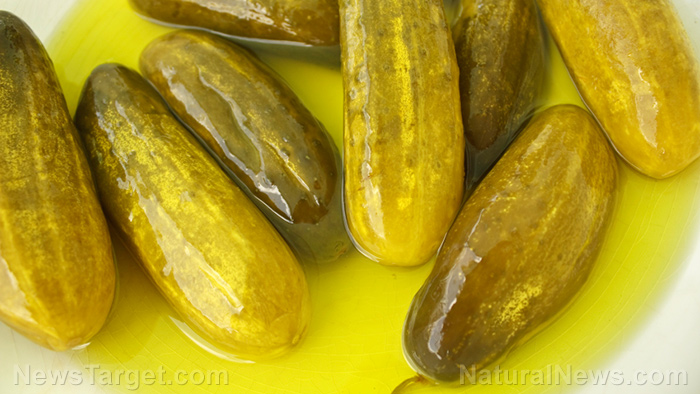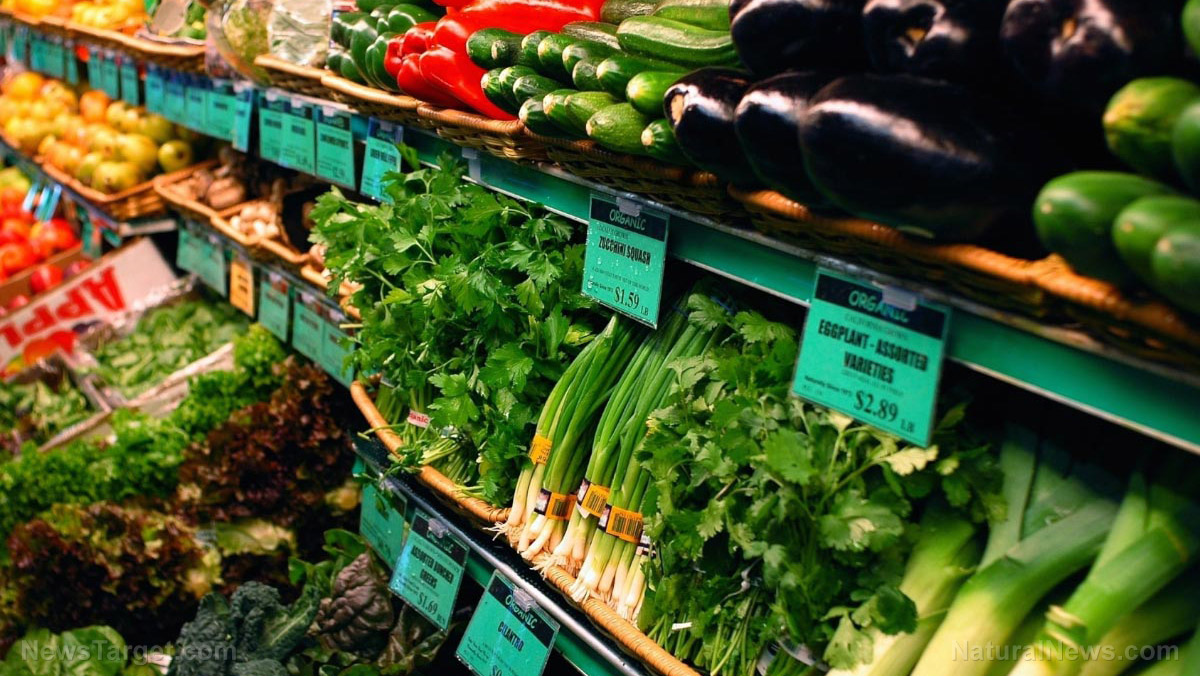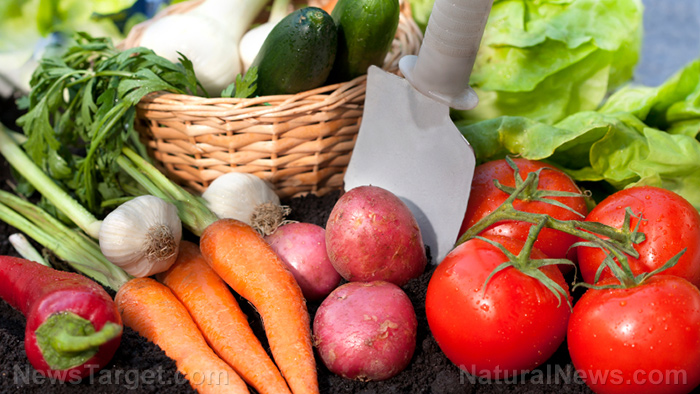Adding beetroots to your diet can prevent high blood pressure from salty food
11/19/2019 / By Melissa Smith
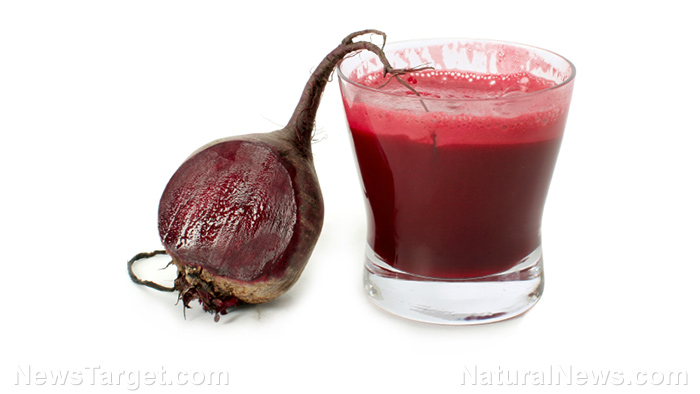
Eating lots of salty food can contribute to the development of hypertension or high blood pressure, which is a key risk factor for many heart-related diseases. Protect yourself from hypertension by adding nitrate-rich beetroots to your diet. A study published in the journal Hypertension found that small amounts of beetroot and other foods loaded with nitrates may prevent increases in blood pressure caused by salt consumption.
In this study, researchers at the University of California, San Francisco, Michigan State University, and the Institute of Physiology of the Czech Academy of Sciences in the Czech Republic gave salt-sensitive rats small amounts of beetroot juice. They also gave another group of salt-sensitive rats some dietary nitrate, which is found in root vegetables and leafy vegetables like celery, lettuce, and spinach. Results showed that both the juice and the nitrate supplement were over 100 times more powerful than potassium in preventing salt-induced increases in blood pressure in rats.
“To our knowledge, no other dietary ingredient has been identified that can provide this degree of protection against salt-induced increases in blood pressure when added to the diet in such low molar amounts relative to that of added salt,”? wrote the researchers.
If these results could be applied to humans, fortifying salty foods with beetroot or other nitrate-rich foods may prevent high blood pressure. The findings provide insight into battling the epidemic of high-salt diets, which are a primary risk factor for hypertension. According to the World Health Organization (WHO), most people around the world consume about twice the recommended level of salt. High sodium intake coupled with insufficient potassium can contribute to high blood pressure and raise the risk of heart disease and stroke.
How much beetroot juice do you need?
The U.S. study is not the first to discover the blood pressure-lowering effects of beetroot. Researchers from the Queen Mary University of London in the U.K. found that drinking one glass of beetroot juice every day can reduce blood pressure in people with hypertension. The effect was found even in those who are not taking any drug treatment.
In their study, which was also published in the journal Hypertension, the researchers recruited 64 people between the ages of 18 and 85. Half of them were taking prescribed medication for hypertension but did not reach their target blood pressure. The other half had been diagnosed with hypertension but were not taking any medication.
The team randomly divided the participants into two groups. One group drank 250 milliliters (mL) of beetroot juice. The other group had the same amount of beetroot juice, but without nitrates. This group served as the placebo.
After four weeks of treatment, the participants in the nitrate-rich beetroot juice experienced a decline in their blood pressure levels. Two weeks after they stopped drinking the juice, their blood pressure returned to the higher levels seen at the beginning of the study.
The participants who consumed the nitrate-rich beetroot juice also experienced a 20 percent improvement in blood vessel dilation capacity, as well as a 10 percent reduction in arterial stiffness. These changes are associated with a lower risk of heart disease.
Beetroot is rich in dietary nitrate (NO3), which the body converts into biologically active nitrate (NO2) and nitric oxide (NO). NO is responsible for relaxed and dilated blood vessels.
Experts have advised people who are considering increasing their daily nitrate intake to avoid boiling the vegetables because nitrate dissolves in water. Instead, they recommend steaming, roasting, or juicing nitrate-rich vegetables. (Related: Drink beetroot juice and enjoy these health benefits.)
Explore the many health benefits of beetroot and other nitrate-rich vegetables at Veggie.news.
Sources include:
Tagged Under: alternative medicine, beetroot, food cures, food is medicine, functional food, heart health, high blood pressure, high-sodium diet, hypertension, prevention, research, salty food, sodium, vegetables, Veggies
RECENT NEWS & ARTICLES
COPYRIGHT © 2017 VEGGIE NEWS

